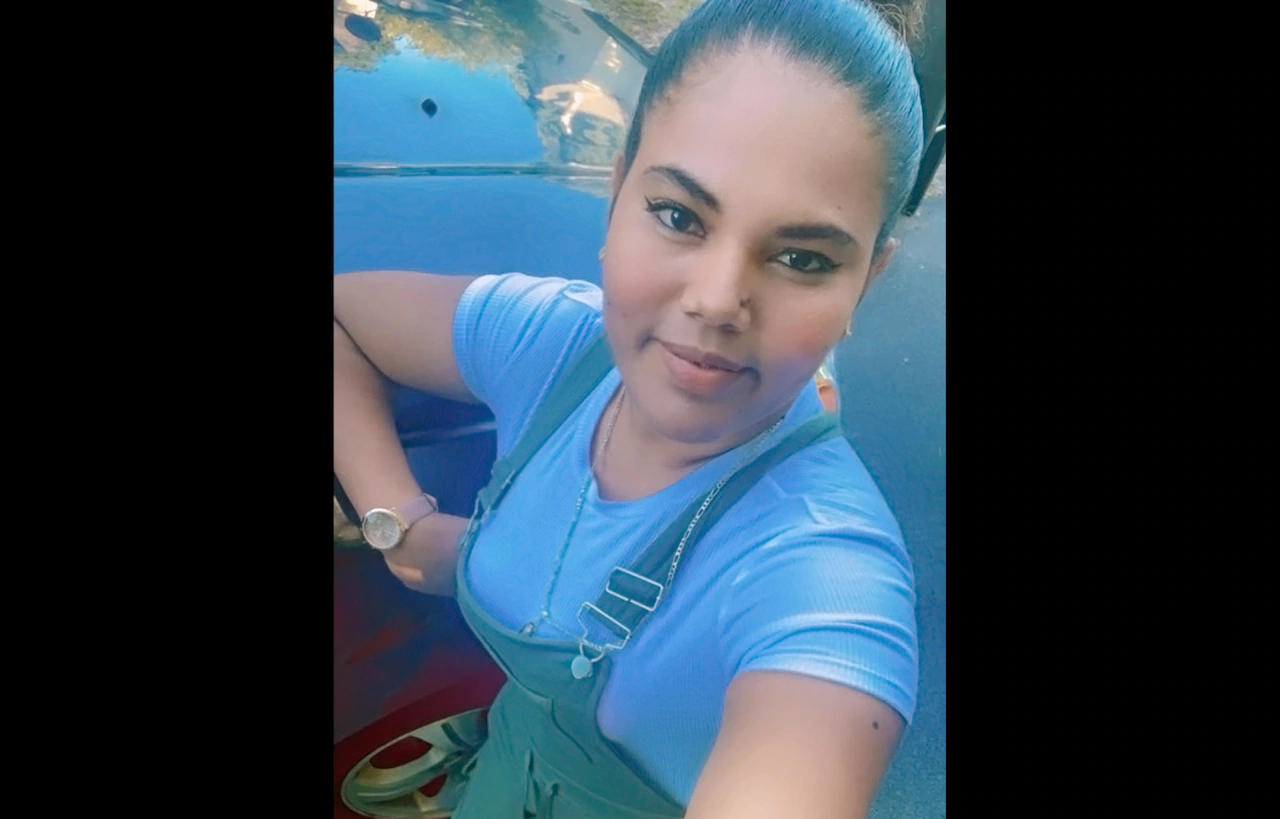
Doris Aleman-Bonilla is expected to plead guilty Monday in federal court to a lesser immigration charge after two hung juries and six months in jail.
Aleman-Bonilla, 30, of Honduras, was charged with illegal re-entry, a felony, after a Border Patrol agent and an Oswego County sheriff’s deputy pulled over her car and arrested her in April.
Aleman-Bonilla fought the charge at trial – first in July and again last week. Two juries of 12 people failed to come to consensus.
Jurors in the second trial were split 8-4 in finding against the government in an acquittal, two jurors told syracuse.com.
Still, Acting U.S. Attorney John Sarcone told Judge Elizabeth Coombe after the second hung jury that he would try a third time to prosecute Aleman-Bonilla, who lived in Fulton. A new trial was set for Oct. 6.
But the sides continued to negotiate, leading to a plea bargain. On Monday, she is expected to plead guilty to illegal entry, a misdemeanor.
For the government, the plea bargain ensures a conviction, avoids the possible embarrassment of a third loss, starts the deportation process and ends the cost of these trials. For Aleman-Bonilla, it removes her from limbo in jail, guarantees a lesser conviction and allows her to begin a new legal move against that deportation.
It marks the end of an extraordinarily lengthy jail term for the charge before Aleman-Bonilla. But her immigration fight is just beginning.
She is likely to be picked up by U.S. Immigration and Customs Enforcement officers before she leaves the Oneida County jail.
From there, she will likely be taken to an ICE detention center and start a new process: a longshot effort to convince a civil immigration court judge to allow her to stay.
Aleman-Bonilla fled Honduras at age 18 with her two teenagers, her sisters and her mother after death threats from a man who thought she had shared information with police about a murder, she said in court documents.
Mexico offered asylum. They lived there legally, where she worked in a factory, until her luck ran out at the end of 2020, she said.
Mexico, like Honduras, is plagued by gang crime. Two men with guns kidnapped Aleman-Bonilla and her children while they played in a park, she said. The men tied them up, put gags in their mouths and hid them in a remote location, she said.
Aleman-Bonilla said the men raped her. They browsed recent contacts in her phone and called her brother to demand money.
She said she would do anything if the men let her children go.
“Anything” meant swimming 50-pound backpacks across the river into the U.S for a Mexican drug cartel, she said. She did it over and over until one day, she saw a break, she said. She escaped into Texas.
Aleman-Bonilla made her way from Texas to Indianapolis to Fulton, N.Y., where she lived with her husband and two children. She drove people to and from work at an apple-packing business for $30 a week.
On April 1, a Border Patrol officer was riding with an Oswego County sheriff’s deputy in his car when the deputy pulled Aleman-Bonilla over while she drove four people to work. The officers said her car registration had expired three months earlier.
The arrest was among the first in Central New York since President Donald Trump took office in January and promised to prosecute undocumented immigrants. The case was the first to go to trial in the Northern District of New York.
Immigration has inflamed residents on both sides in a district that stretches from Canada to Pennsylvania. Advocates have protested enforcement actions along the streets of Fulton and Oswego and in downtown Syracuse, just outside the courthouse.
Prosecutors in Aleman-Bonilla’s trials have struggled with the jurors’ reaction to one element of the case.
The government must prove that the person was in the country voluntarily. Aleman-Bonilla’s lawyers wanted the jury to know of her claim that she came to the U.S. at gunpoint and stayed here because she fears she will be killed if she returns to Honduras.
Judge Coombe sided with the government and blocked Aleman-Bonilla from telling that story to the jury.
The judge said the story was not relevant to the limited elements the government had to prove and its shocking nature risked unfairly causing sympathy with the jury.
In both trials, Aleman-Bonilla’s attorneys invited jurors to consider what was missing from the government’s case.
Both juries struggled with the holes in the government’s story, jurors said.
A hearing is scheduled for 10 a.m. Monday in federal court in Syracuse for Aleman-Bonilla to change her plea.



